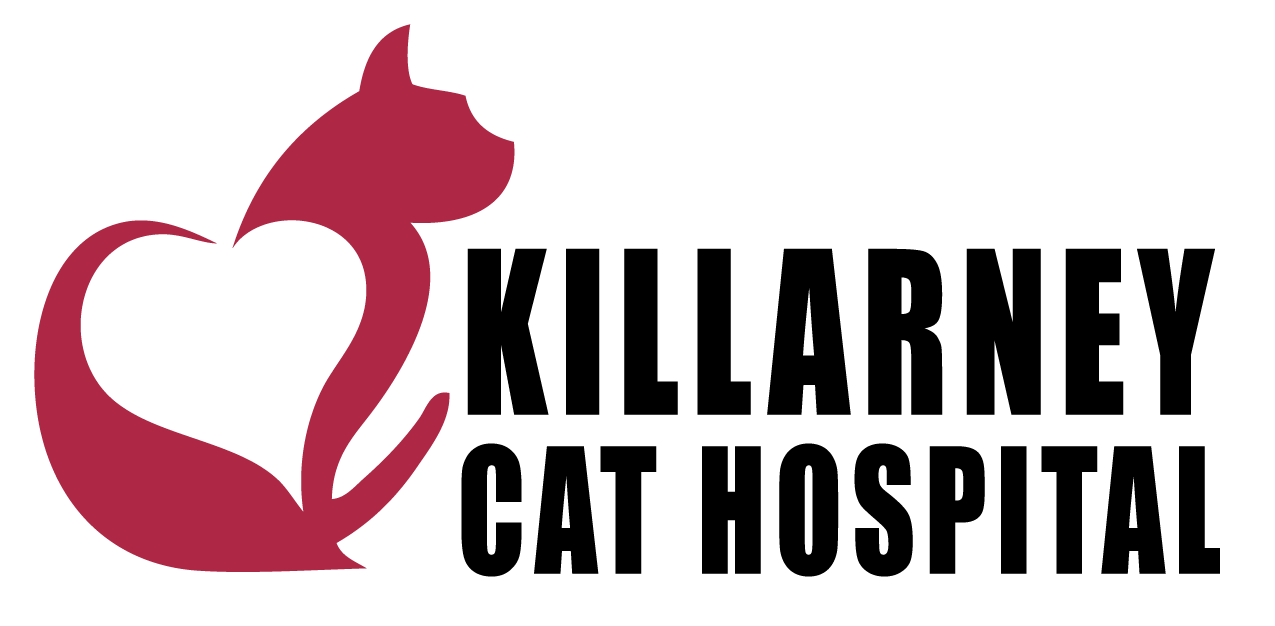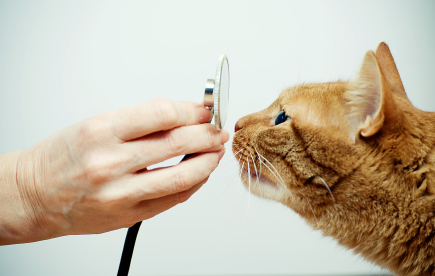1. Pre-anesthetic screening prior to surgery
At Killarney Cat Hospital, we strive to offer the best possible medical care for your beloved pet. This means it is routine to run pre-anesthetic lab work prior to surgery to assess organ function and how your cat might respond to the drugs we use during anesthesia. Based on these results, we may decide to postpone surgery for another day, or we can tailor our anesthetic protocol to one that suits the needs of your cat better to ensure a healthy recovery. Sometimes we will even uncover the early stages of an age-related disease and might suggest follow up visits to monitor that your cat has recovered fully.
2. Early detection
Many of the common aliments of older cats can be detected in your cat’s routine blood work before they start showing symptoms. By having your cats blood work done before they become symptomatic, we are able to catch diseases in the early stages and start treatments (sometimes as simple as changing diet) and hopefully prolong their lifespan and stop the silent suffering.
3. Baseline prior to starting medications
If your cat is about to be started on a medication that is meant to be used long term – such as pain, anti-itch or behavior modification medications – it is always a good idea to get a baseline with blood work for your cat. Your cat’s liver and kidney are the primary organs involved with processing or metabolizing drugs entering the body. Some of these daily long-term use medications can have a negative impact on the function of these organs, or they can have more pronounced side effects if these organs are not optimally performing. Many older cats are likely to have some degree of kidney disease but also require pain medication for arthritis. It is very useful to determine how much stress we can put on the failing kidneys while still helping your cat be comfortable.




